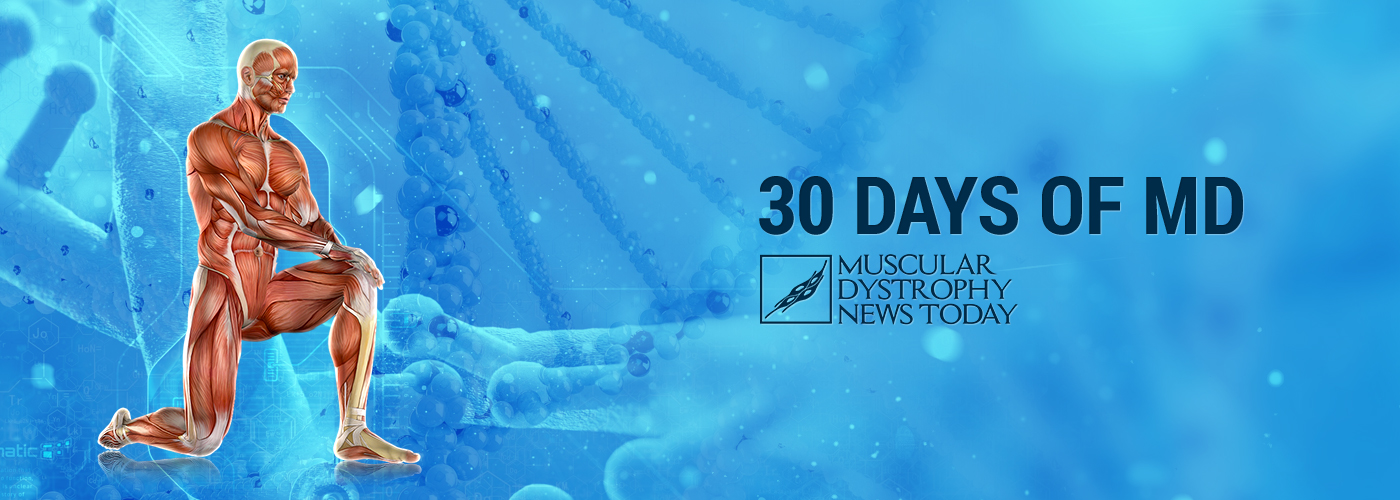Day 20 of 30 Days of MD: Recognizing Disability Rights
Written by |

Written by Ralph Yaniz |

Get regular updates to your inbox.
Don't have an account?
|
Already have an account?
Create your account by filling in the information below:
By creating an account, you are agreeing to the Privacy Policy and Terms of Service.

